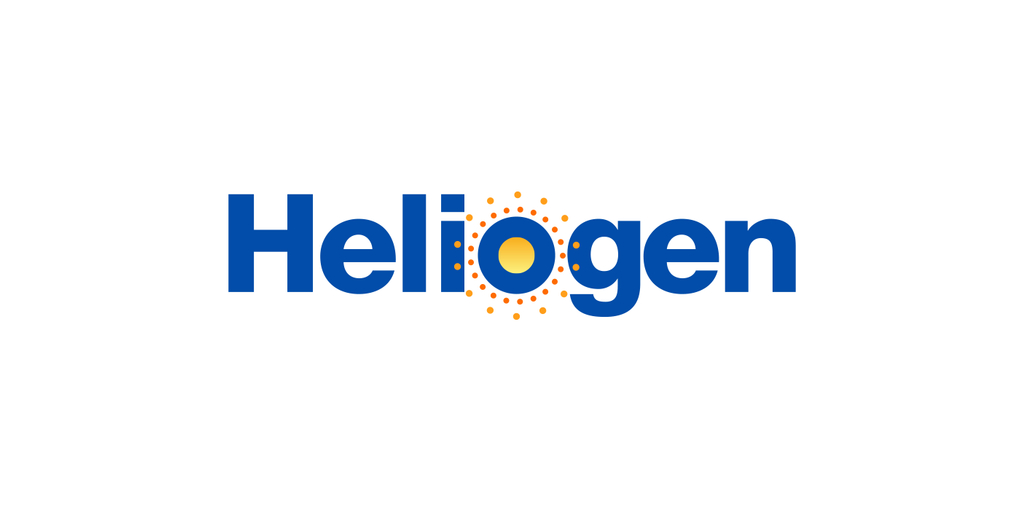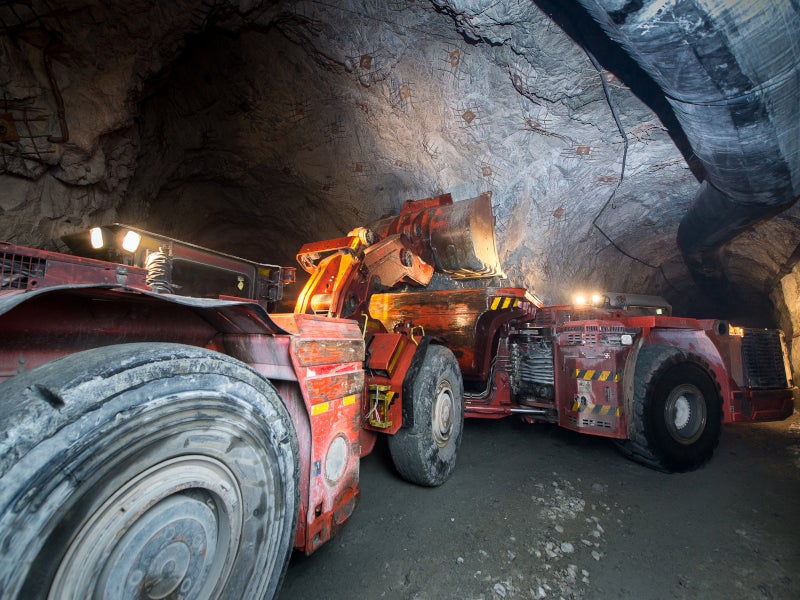Last Updated on: 25th June 2025, 12:38 am
30 Local Leaders Join Two New Energy to Communities (E2C) Peer-Learning Cohorts on Electricity Load Growth and Utility Engagement
The National Renewable Energy Laboratory (NREL) is excited to announce the 30 local participants across 25 states, territories, and Tribes selected for two new Energy to Communities (E2C) peer-learning cohorts, managed on behalf of the U.S. Department of Energy (DOE).
These cohorts will bring together local leaders, energy experts, and community organizations to tackle critical challenges related to electricity load growth, grid impacts, and electric utility partnerships. From July to December, the 15 participants in each cohort will convene monthly to learn from energy experts—and each other—about best practices, strategies, and tools for addressing these energy topics.
The “Navigating Electricity Load Growth and Associated Utility Grid Impacts” cohort will focus on strategies for adapting to increasing electricity demand driven by emerging industries such as artificial intelligence and data centers. Participants will explore how grid infrastructure can evolve to meet new economic opportunities while maintaining reliability and resilience.
The “Engaging With Electric Utilities for Successful Local Partnerships“ cohort will equip local leaders with knowledge on electric utility regulation, core functions, and business models. Participants will gain insights into collaborative approaches for working effectively with electric utilities, fostering innovation, and advancing policies that support local energy needs.
Participants from more than 200 communities have already participated in E2C peer-learning cohorts for educational resources, case studies, analysis and modeling tools, templates, trainings, and facilitated collaboration.
Learn more about E2C’s three different technical assistance offerings, and apply for short-term expert match support today.
“These peer-learning cohorts represent an exciting opportunity for communities to deepen their understanding of the evolving energy landscape while building strong partnerships to navigate these challenges,” said Jenny Sumner, the E2C program lead at NREL. “We look forward to facilitating these cohorts and providing participants with the tools and expertise needed to shape their energy futures.”
The cohort topics and participants in the July 2025 cycle are:
Navigating Electricity Load Growth and Associated Utility Grid Impacts
- Bennett, Colorado
- Blaine County, Idaho
- Cherokee Nation (Tahlequah, Oklahoma)
- Chester, Pennsylvania
- Columbus Municipal Division of Power, Ohio
- Falls City Economic Development and Growth Enterprise Inc. (EDGE), Nebraska
- Frisco, Texas
- Guam Power Authority, Guam
- Madelia Municipal Light and Power, Minnesota
- Middle Tennessee Electric, Tennessee
- Northwestern Indiana Regional Planning Commission, Indiana
- Prince William County, Virginia
- Redmond, Washington
- Somerville, Massachusetts
Engaging With Electric Utilities for Successful Local Partnerships
- Athens-Clarke County, Georgia
- Blaine County, Idaho
- Boston, Massachusetts
- Central Vermont Regional Planning Commission, Vermont
- Delray Beach, Florida
- Douglas County, Kansas
- Greater Portland Council of Governments, Maine
- Johnstown, Colorado
- Las Cruces, New Mexico
- Lucas County, Ohio, with Toledo, Ohio
- Missoula, Montana
- Sedona, Arizona
- Top of Alabama Regional Council of Governments, Alabama
- Washoe County, Nevada
- Windsor, Colorado
Peer-learning cohorts are one of three technical assistance offerings from the E2C program, ranging from short-term technical assistance to address near-term energy challenges to more in-depth technical partnerships that support communities in developing abundant, reliable, affordable, and secure energy systems.
E2C is funded by DOE’s Office of Energy Efficiency and Renewable Energy and managed by the National Renewable Energy Laboratory with support from Argonne National Laboratory, Lawrence Berkeley National Laboratory, Oak Ridge National Laboratory, and Pacific Northwest National Laboratory.
Article from NREL. By Thomas Young.

Sign up for CleanTechnica’s Weekly Substack for Zach and Scott’s in-depth analyses and high level summaries, sign up for our daily newsletter, and follow us on Google News!
Whether you have solar power or not, please complete our latest solar power survey.
Have a tip for CleanTechnica? Want to advertise? Want to suggest a guest for our CleanTech Talk podcast? Contact us here.
Sign up for our daily newsletter for 15 new cleantech stories a day. Or sign up for our weekly one on top stories of the week if daily is too frequent.
CleanTechnica uses affiliate links. See our policy here.
CleanTechnica’s Comment Policy



